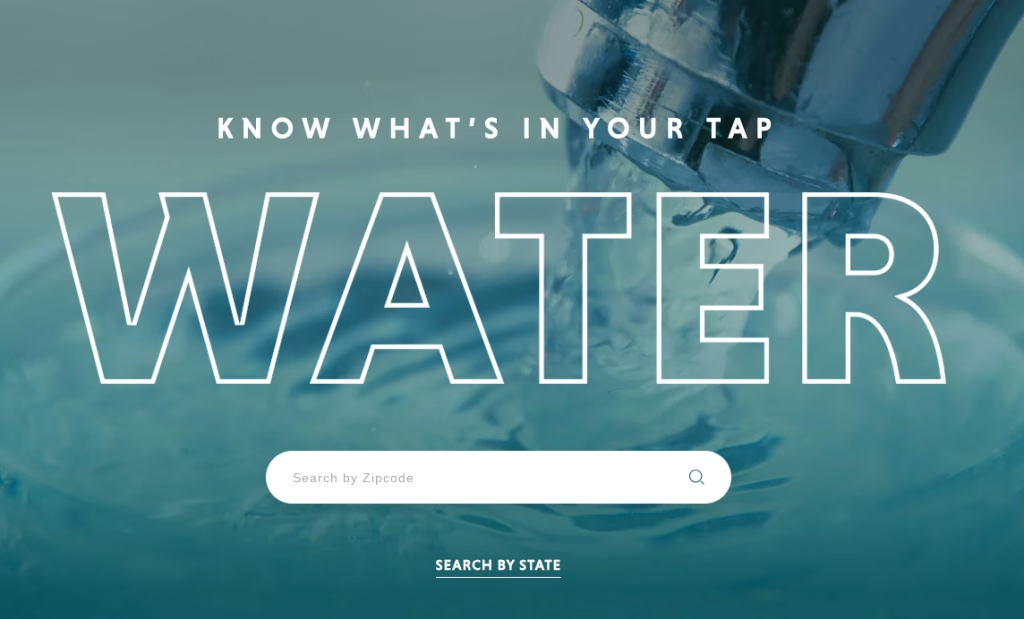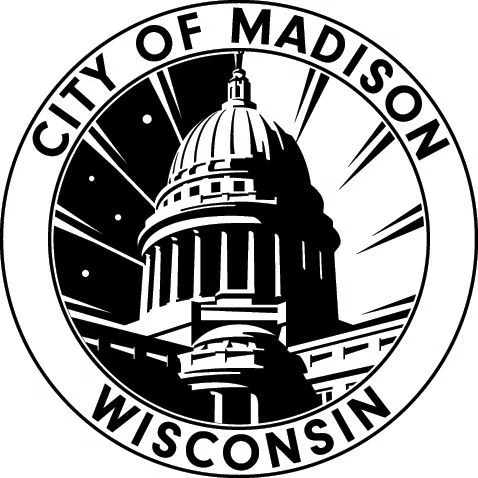
Contaminants of Concern in Madison’s Water
EWG.org Research (via ZIP Code for Madison, WI – 53703)
According to the Environmental Working Group (EWG), the Madison Water Utility has 27 total contaminants, with 10 exceeding EWG health guidelines. These substances include disinfection byproducts, radioactive materials, and potential endocrine disruptors, which can pose serious health risks with long-term exposure.
- Total contaminants exceeding health guidelines: 10
Top 10 Contaminants Detected (with tested levels):
- Chromium (hexavalent) – 0.27 ppb (13× EWG guideline)
- Radium (-226 & -228 combined) – 1.31 pCi/L (26×)
- Nitrate – 3.3 ppm (24×)
- Strontium – 880 ppb (no federal limit)
- Haloacetic acids (HAA5) – 9.4 ppb (94×)
- Total trihalomethanes (TTHMs) – 21.7 ppb (145×)
- Bromodichloromethane – 2.3 ppb (38×)
- Chloroform – 6.1 ppb (20×)
- Vanadium – 0.34 ppb (11×)
- PFOS – 1.1 ppt (2×)
- Key Notes on Water Findings: Madison’s water shows elevated levels of radioactive contaminants, disinfectant byproducts, and PFAS-related substances. While city systems meet EPA standards, EWG benchmarks flag health concerns—especially for pregnant women, infants, and immunocompromised individuals. Routine testing and point-of-use filtration systems are recommended for at-risk households.
Expert Advice, Exacting Science.
Get a Free Water Test in Madison
Wondering what’s in your water? Schedule a free in-home water test and get professional insight into your home’s water quality. Our local team will test your water and recommend the right solution based on your results.
No pressure. Just clear answers and better water.
Call (262) 549-7733 or use our easy online scheduler now!
Why Madison Homeowners Choose Water Doctors
Water Doctors offers free in-home water testing throughout Madison, WI to help residents understand and resolve their water quality issues. Whether you’re on city water or a private well, our team uses certified testing and customized filtration to help families get safe, clean water. From reducing radium and PFAS to eliminating unpleasant tastes, odors, and chemicals, our systems are tailored for Madison’s unique geology and infrastructure. Schedule your free test today and take the first step toward better water.
